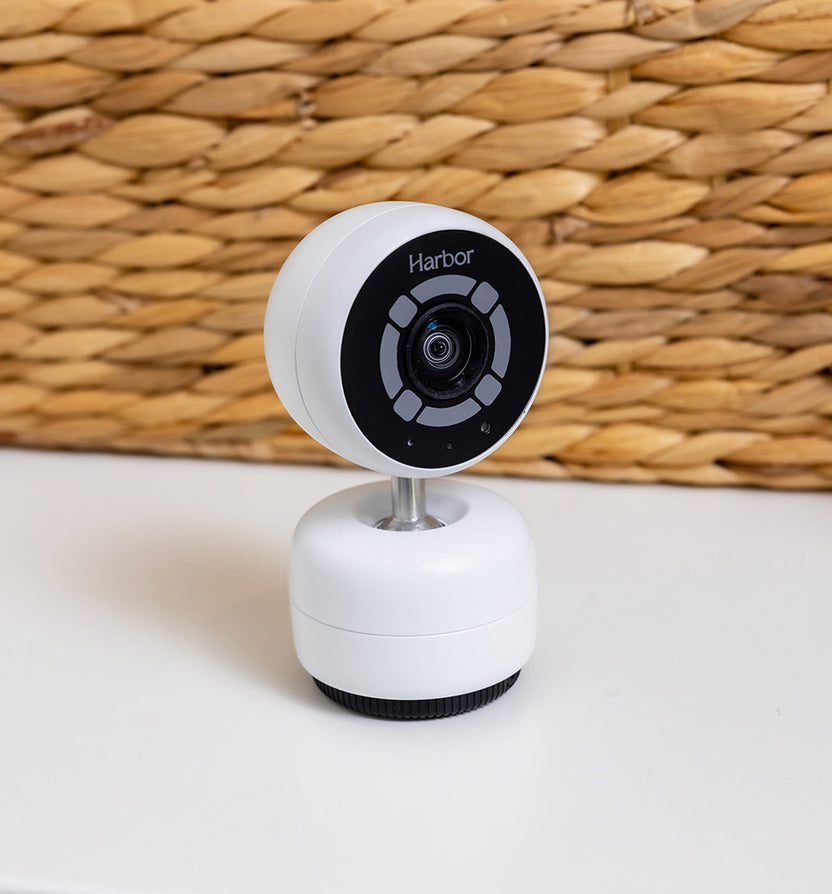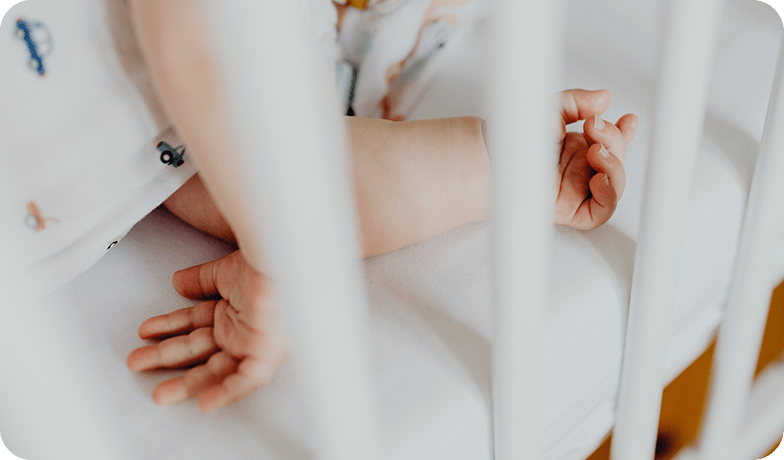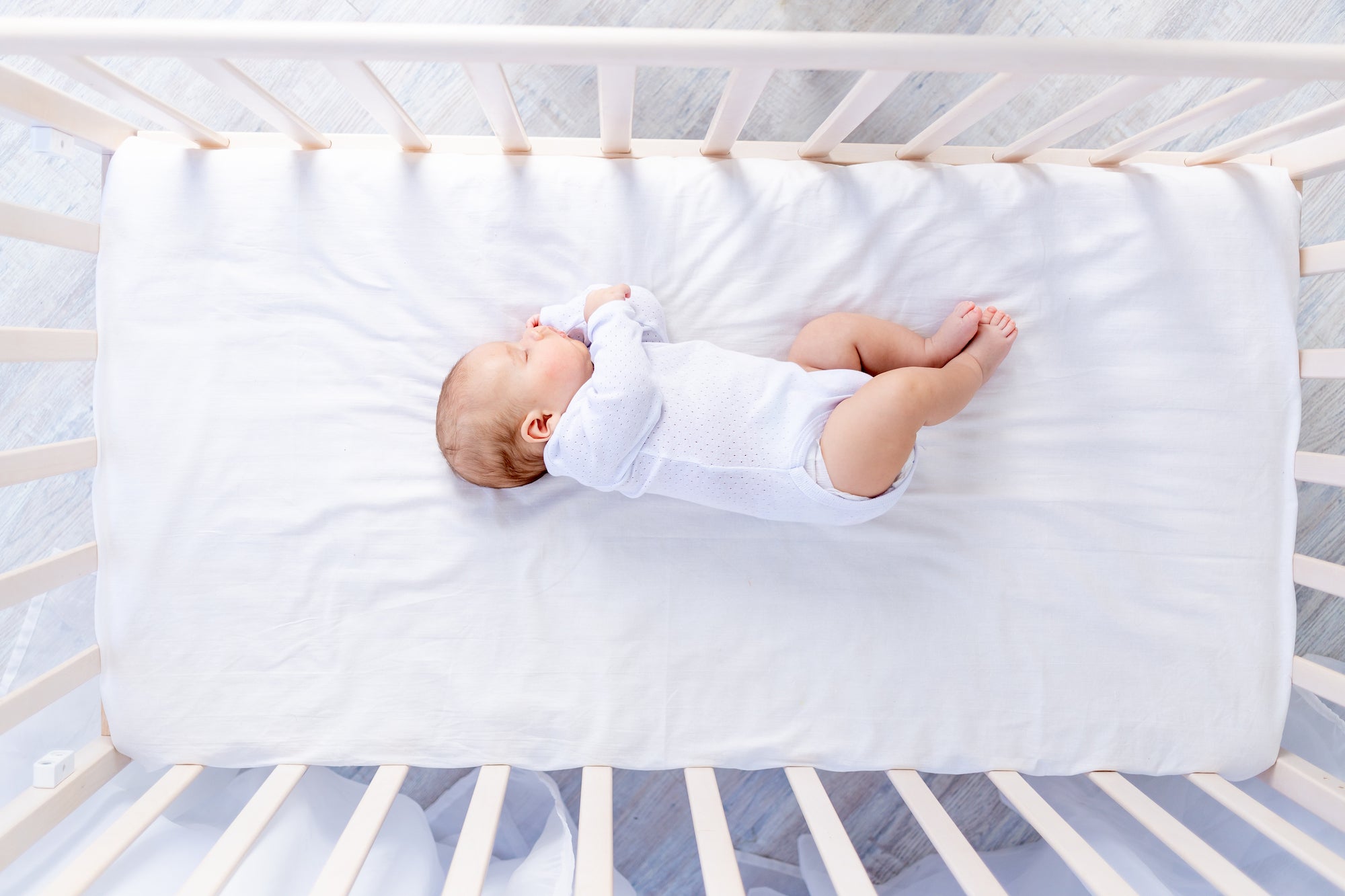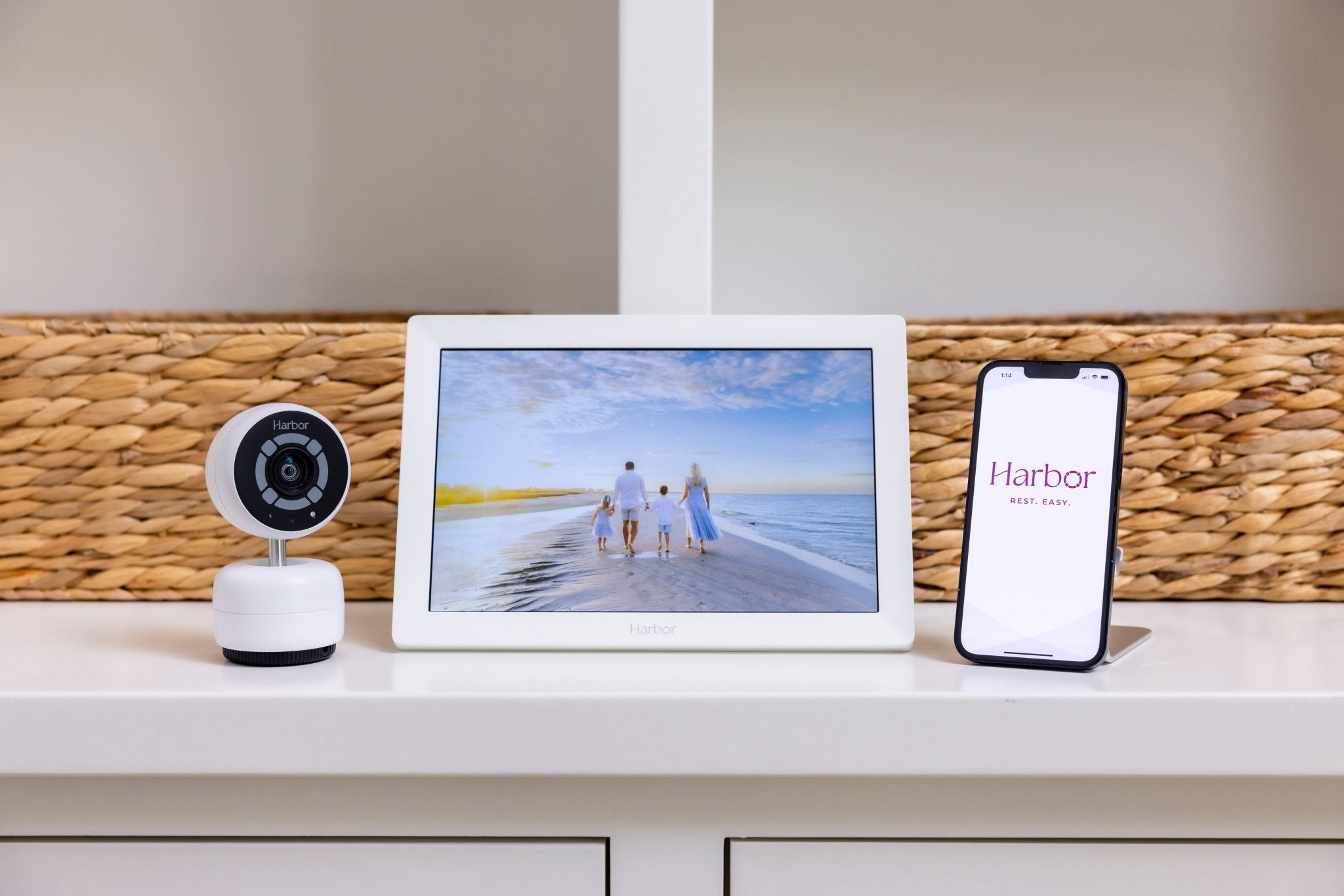
The Power of Self-Care: Finding Balance in New Parenthood
Welcoming a new baby is one of life’s most transformative experiences, but it can also be one of the most exhausting. Between cluster feeds, nap schedules, and constant diaper changes, many new parents find themselves running on empty. At Harbor, we believe caring for your baby starts with caring for yourself. Self-care isn't indulgent, it's essential. In this guide, we’ll explore why prioritizing your own well-being isn’t just good for you, it’s good for your family.
Understanding the importance of self-care can significantly enhance parenting well-being, allowing parents to find balance in parenting during those early, hectic months.
Why Self-Care Matters for New Parents
It’s Not a Luxury—It’s a Lifeline
Self-care is often misunderstood as spa days or “me time” reserved for special occasions. In reality, it’s the daily act of protecting your mental, physical, and emotional health, especially in the early weeks of parenting, when everything feels like a blur.
A 2023 study in Maternal and Child Health Journal found that parents who engage in consistent self-care report significantly lower levels of postpartum stress, anxiety, and burnout. Whether it’s five minutes of deep breathing or a walk around the block, micro-moments of care add up.
How Self-Care Improves Parenting
When you're running on fumes, it's hard to stay present, patient, and connected. But when you invest in your own restoration, your child benefits too.
-
Emotionally balanced parents respond more calmly to crying, tantrums, or regressions.
-
Well-rested adults model healthy coping mechanisms.
-
Research shows that parents who prioritize self-care experience higher relationship satisfaction and resilience during transitions
Balancing Parenting and Well-being
Finding balance between parenting responsibilities and personal well-being is an ongoing process. It requires conscious effort and sometimes, a shift in perspective.
Recognizing that taking care of yourself is not selfish, but rather essential for being the best parent you can be, is the first step. This mindset allows you to prioritize your needs without guilt.
Experts suggest that setting realistic expectations, asking for help when needed, and carving out time for self-care activities are key to maintaining this balance. Remember, a well-rested, emotionally balanced parent is better equipped to handle the demands of childcare.
Practical Self-Care for New Parents (That Actually Fits Your Life)
Let’s face it: elaborate rituals aren’t realistic during the newborn phase. But self-care doesn’t have to be time-consuming. Here are simple, high-impact ways to support your well-being.
1. Lower the Bar and Ditch the Guilt
You don’t need to do it all. Let go of perfectionism. Say no to extra obligations. Ask yourself daily: “What can I release today?” Your worth isn’t measured by productivity.
2. Anchor Your Day
Try to establish two anchors, a small moment that supports your body and one for your spirit.
-
For your body: step outside, stretch, drink water, or rest.
-
For your spirit: listen to music, call a friend, journal, or pray.
-
These tiny rituals build resilience over time.
3. Move, Laugh, Breathe
Even light movement boosts endorphins. Pop your baby in a carrier and take a walk. Turn on a song and dance while folding laundry. Watch a show that makes you laugh out loud.
And when anxiety creeps in, return to your breath. Try a guided meditation like this short one from Dr. Sunita Osborn, or use apps like Headspace or Insight Timer.
4. Turn Chores into Connection
Not everything has to feel like another item on the to-do list. Diaper changes? Turn them into singalongs. Bath time? Make it a sensory experience. Play is a powerful bonding tool that supports development and brings joy.
Building a Support System You Can Lean On
One of the most important things you can do for your mental health is ask for—and accept—help.
Find Your People
Join local parenting groups, attend a postpartum yoga class, or connect in online forums like Peanut or What to Expect. Talking to someone who gets it can ease feelings of isolation.
Lean on the Professionals
If you’re feeling overwhelmed, know that there are experts ready to help. Whether you need a lactation consultant, postpartum therapist, or pediatric sleep coach, support is available. Harbor’s care team includes licensed experts who can help guide you through sleep, feeding, and more.
Explore Harbor’s free parenting guides and resources.
Self-Care in Action: Making It Work Day by Day
Here’s what intentional self-care can look like, even in the busiest parenting seasons:
Time |
Idea |
Purpose |
|---|---|---|
| Morning | Drink water before coffee | Support hydration & digestion |
| Midday | Take 5 minutes during baby’s nap | Calm your nervous system |
| Evening | Trade off duties with supporters | Share the load—emotionally & physically |
| Weekend | Plan one outing just for you | Reconnect with your identity outside of parenting |
Let Go of “Doing It All”
You’re not failing if you need a break. You’re human. At Harbor, we believe the most important resource in any home is a supported parent. Your rest matters. Your well-being matters. And asking for help is a sign of strength, not weakness.
If you’re feeling stretched thin, try starting with just one of these strategies this week. Maybe it’s stepping outside for fresh air, texting a friend, or reading something light while the baby naps. These small acts aren’t insignificant—they’re investments in your family’s future.
You Don’t Have to Navigate It Alone
Harbor was created to make early parenthood easier. Through our innovative monitoring system, Remote Night Nanny service, and expert-led support, we help families feel rested, empowered, and confident. Whether you need better sleep or real-time parenting guidance, we’re here—every night, every step, every milestone.
Need support now?
-
Text a trained counselor anytime: Text HOME to 741741
-
Call the PSI Helpline for perinatal support: 1-800-944-4773




